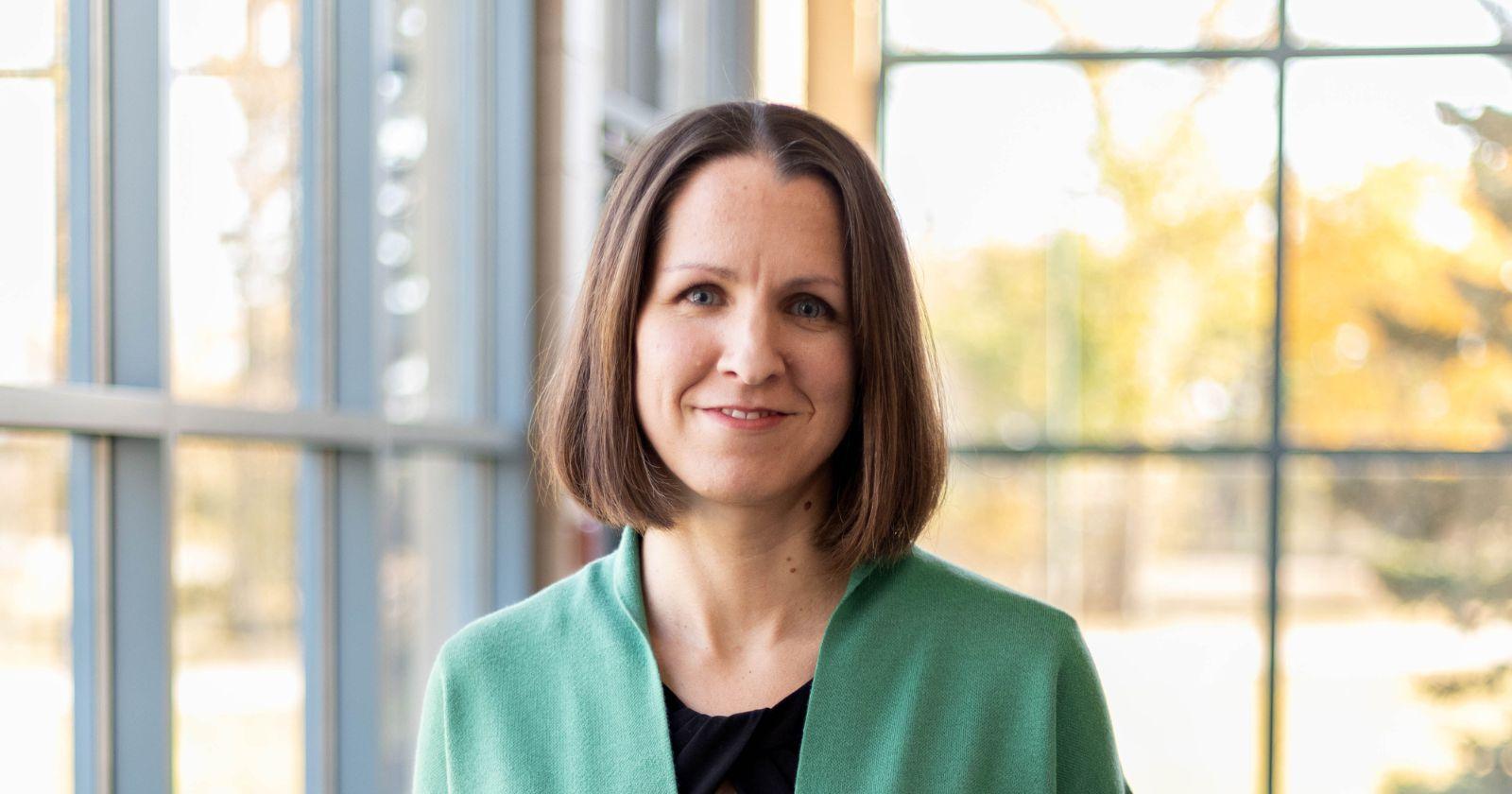
In the Pursuit of History: A Conversation with Dr. Joy Demoskoff
Dr. Joy Demoskoff, Associate Professor of History, has taught history at Briercrest for ten years. Joy came to Briercrest because she "wanted to teach history from a Christian perspective, so Briercrest’s expansion into humanities education made it a natural fit" for her.
Joy's area of research includes the study of religion in imperial Russia:
"I am working on a book that examines the practice of public penance in the nineteenth century. Penance in the Orthodox tradition is a kind of training for righteousness rather than a payment for sin. People performed sentences of penance in Russian monasteries for a wide variety of reasons in the nineteenth century. Some were sent by their local priests, while others were sent by the state for political reasons. The monasteries also housed people struggling with mental illness among the penitents as well as those who were found guilty of religious crimes (heresy, blasphemy, etc.). I am thinking about the relationship between sin and crime and how the monasteries functioned as places of reconciliation between sinners and their communities.
I am also working with Matthew Zantingh on a collected volume on Christian Higher Education in a Secular Age. This came out of a conference that we held here at Briercrest last year, which itself came out of a faculty reading group that worked through Charles Taylor’s A Secular Age. The book draws on the parable of the Good Samaritan to consider how Christian higher education, and more specifically, the various disciplines in the humanities, can contribute in good neighbourly ways to our current cultural context. For example, in my own field, I’m asking: what does it look like to teach history in a way that encourages students to be good neighbours?"
We asked Joy to describe her teaching philosophy:
My philosophy of teaching is intertwined with my philosophy of history. History expands our perspective on what’s possible. It gives us options that we can’t find in our own era. It teaches us that we are a part of a larger human story and helps us find our own place in that story. It also shows us the depths of good and evil that are at play in the world. The German poet, Goethe, said that the person who cannot draw on three thousand years of history is living from hand to mouth. I see teaching history as an opportunity to help students develop a larger sense of the world they inhabit and also as a way to deepen and enrich them.
The Value of Education that Disciples
For Joy, Briercrest's mission statement, "Educating disciples who equip the church and engage the world," is about helping students understand the historical context of their faith:
I see thinking historically as an important part of what it means to think Christianly. We have a historical faith; we believe that the incarnation took place in history, so learning to think about historical context helps us to understand that and to gain a better sense of how we ourselves are located in history. The close contact between the different academic disciplines we teach at Briercrest has reshaped my view of history. For example, teaching students who are also taking classes in theology has sharpened my understanding of the history of Christianity, but it has also pushed me to think about the relatedness of all knowledge and to see the intersections between historical approaches and other fields of learning. It’s very stimulating.
Joy remembers a time when she experienced being discipled by education:
I had wonderful professors in my undergraduate degree who were thinking about history as a pathway of discipleship. The emphasis at that time was on the integration of faith and learning, but I found that working at integrating my faith into my understanding of history cast a much broader vision for me. It made me want to have my faith integrated into all aspects of my life.
Briercrest in a Word: Enriching
And finally, the word Joy would use to describe the education Briercrest offers is enriching. To Joy, Briercrest's location in the village of Caronport is a great advantage:
We live in a wealthy and individualistic culture. In the city, even on university campuses, it’s possible to surround yourself with the people, things, and ideas that you already prefer and to limit your exposure to anything that contradicts your own bias or perspective. In a small town, you have to rub shoulders with those who are different from you. It’s counter-intuitive because we think small towns are less diverse, and in some ways, they are. But, encountering otherness is essential to education, and Briercrest’s isolated location draws students into relationships with people they wouldn’t otherwise engage. It’s very enriching.
Thank you, Joy, for doing this interview. It was fascinating to learn about your teaching philosophy and how Briercrest's location in a small town helps students develop a larger sense of the world they inhabit. We appreciate your insights into the value of education and discipleship and how they intersect at Briercrest. It was great to hear about your experience as a faculty here and how Briercrest has enriched your life. Thank you for sharing your thoughts with us!

